Carina Prunkl (Oxford): “How Anthropocentric is Thermodynamics?”
Thermodynamics “smells more of its human origin than other branches of physics”, Bridgman famously wrote in 1941. Taking a closer look at the history of thermodynamics and statistical mechanics, we find that this ‘human smell’ enters the subject as early as the writings of Maxwell, who makes use of concepts such as ‘knowledge’, ‘observation’ and ‘the mind’ in order to explain thermodynamic phenomena. E.T. Jaynes some decades later goes even further and distinguishes between the ‘physical’ nature of energy and the ‘anthropomorphic’ nature of entropy. Both authors seem to suggest that thermodynamic concepts are in some sense mind-dependent, that they in some sense rely on the presence of an external observer. In this talk, I will revisit the question of how and when the ‘human smell’ enters thermodynamics by taking a closer look at Maxwell’s means-relative approach to thermodynamics. I will show that, in fact, Maxwell’s approach does not commit us to an anthropocentric reading of thermodynamics, but that it instead provides us with a powerful conceptual framework that carries over into classical and quantum statistical mechanics.
Carina Prunkl is a Senior Research Scholar at the Future of Humanity Institute at the University of Oxford.


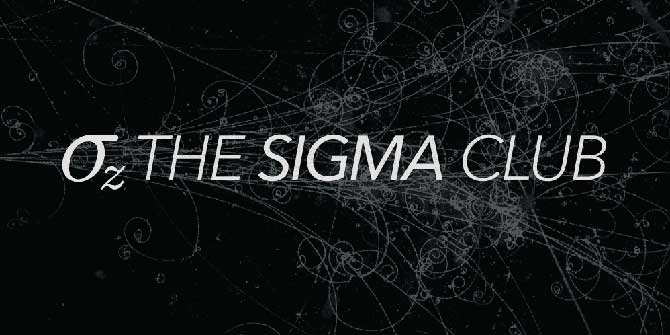


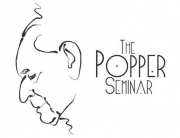










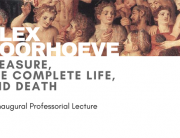
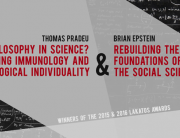
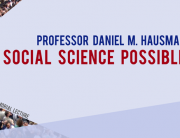


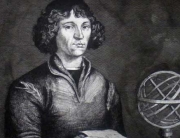
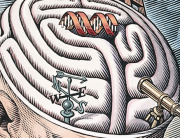
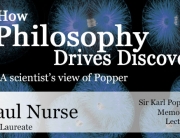
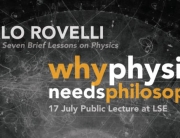


Connect with us
Facebook
Twitter
Youtube
Flickr